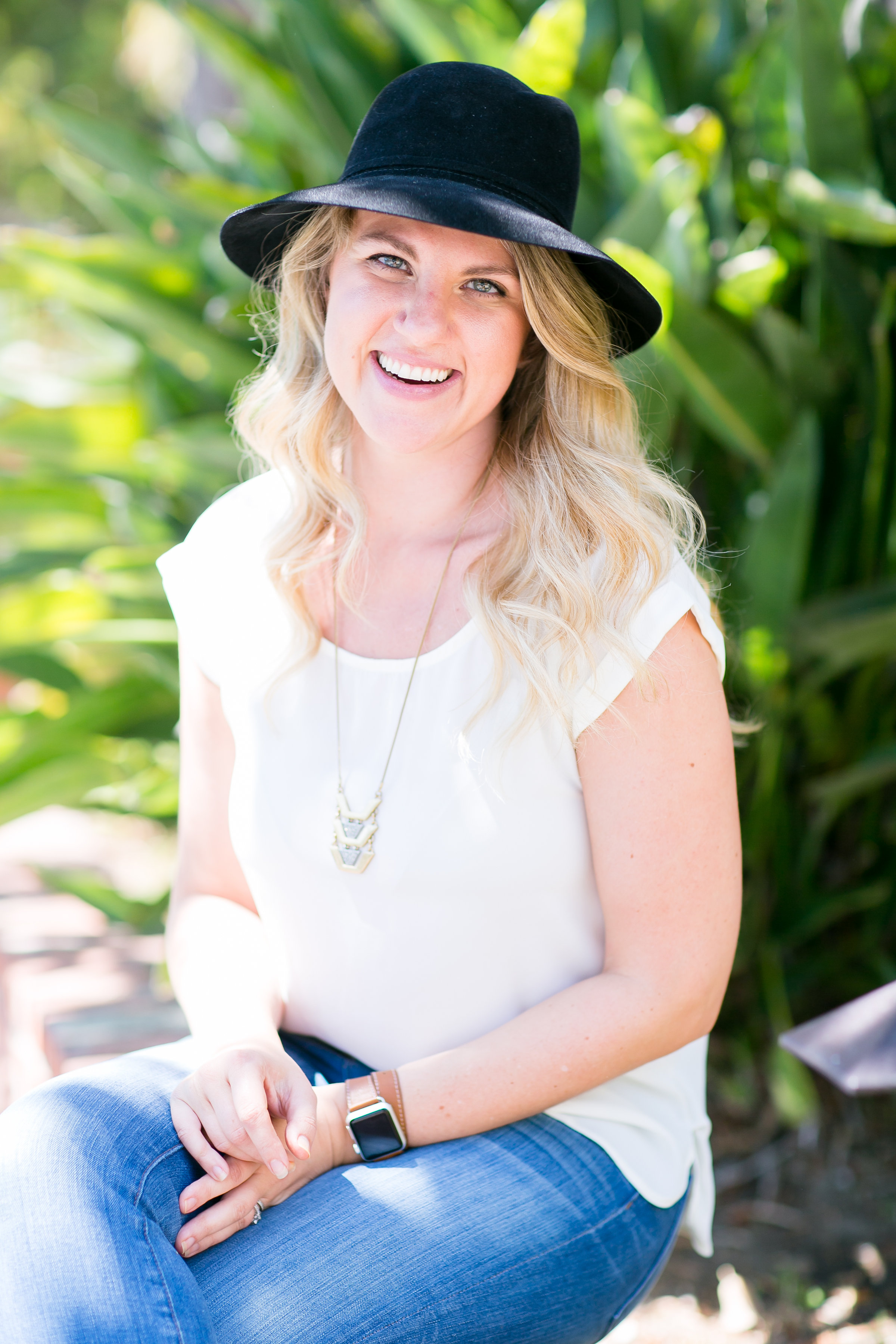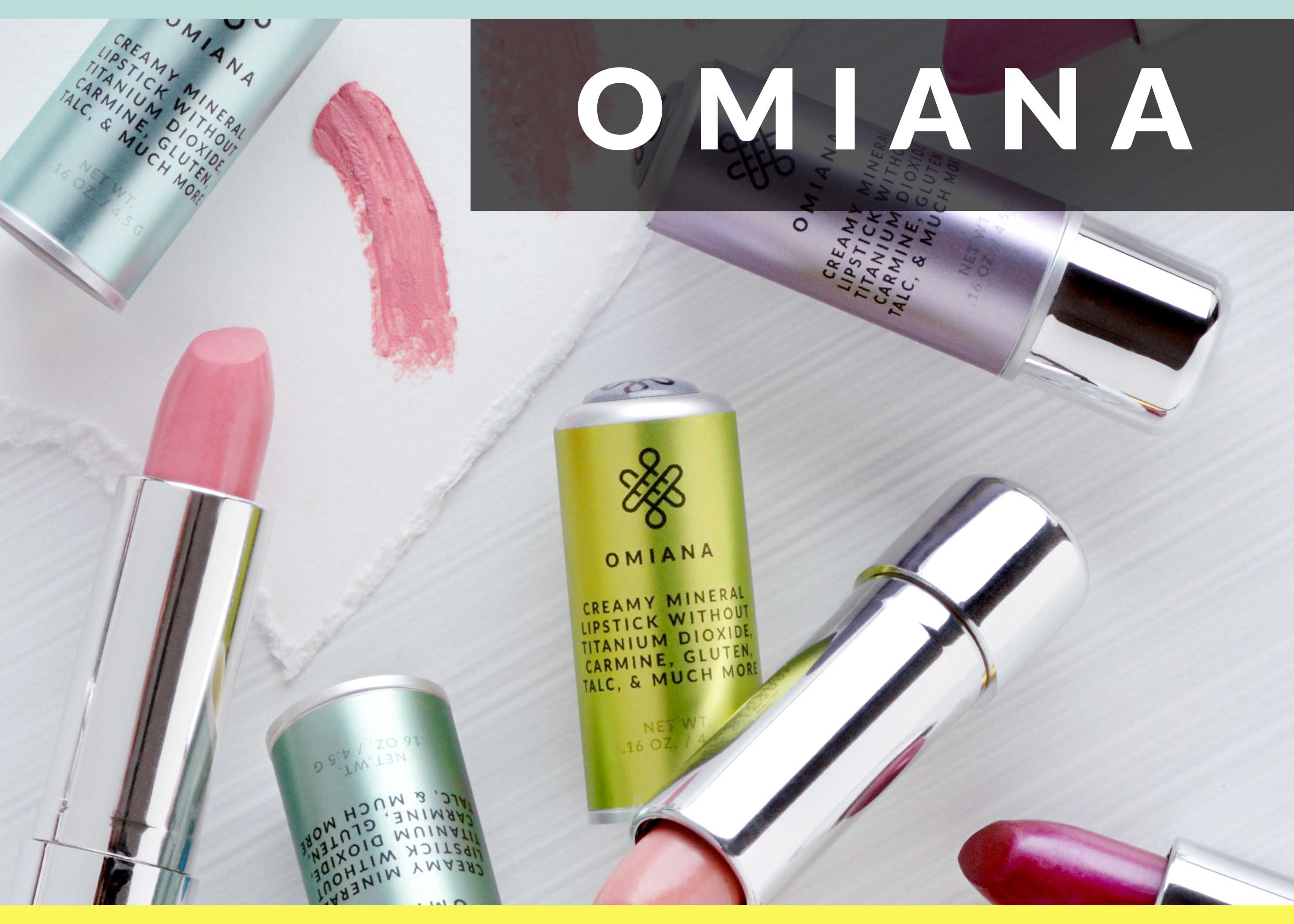
Mineral makeup brands such as Bare Escentuals and Sheer Cover have become omnipresent as alternatives to pore-clogging foundations, and it was only a matter of time before mainstream drugstore brands such as Neutrogena and Almay came out with their own takes on the concept. But is their mineral makeup really natural? Whereas the ingredients of Bare Escentuals mineral makeup are simple and legitimately all-natural (Mica, Bismuth Oxychloride, Iron Oxide), a close look at the contents of Neutrogena’s mineral powder reveals a slew of chemical and synthetic ingredients (including, but unfortunately not limited to, Titanium Dioxide, Polymethyl Methacrylate, and Methylparaben) that have been linked to various cancers. In fact, comparing Neutrogena’s mineral powder with its regular powder makeup reveals that the products are really not that different at all.
As is the case with all products claiming to be organic or all-natural, one must proceed with caution. Always look for the words “Certified Organic,” and if all else fails, examine the list of ingredients. Anything that sounds like a chemical most likely is; a great rule of thumb is the shorter the ingredient list, the better. Take for example Boots Botanics, a British-based company that recently hit the shelves of Target and other box stores. Despite their name and their claim of using “90% Organic Ingredients,” a look at what goes into their makeup makes even Neutrogena’s ingredients seem natural.
Despite their potentially harmful long-term effects, chemical and synthetic ingredients are added to makeup for a reason. Synthetic products have a longer shelf life, can eliminate the need for frequent reapplication, and can have brighter, shinier colors. But at what cost? It comes down to a choice everyone must make for themselves. Organic makeup is still more expensive and less long-lasting than its chemical counterpart. Until big cosmetic companies allocate as much research and funding into organic and all-natural products as they do their chemical ones, there will remain some conveniences that organic makeup just won’t be able to supply. On the other hand, organic makeup might give us healthier skin and a healthier body. Once the demand for all-natural makeup is as great as the demand for, say, “All-Day Lip Color,” we can expect the market to deliver products that rival the convenience of chemicals and synthetics without the harm to ourselves and our environment.
———————————–
Some organic makeups to try: Physician’s Formula Organic Wear (stay tuned for a review of their makeup), Miessence Makeup, and Burts Bees.


















Leave a Reply